Candidates who want to learn how to become a doctor in India must complete their higher secondary education with PCB, take the NEET exam, enrol in an MBBS course, complete the internship, get registered and then can begin practising as Doctors.
Table of Contents
- Who is a Doctor?
- How to Become a Doctor?
- Non-MBBS Doctor Courses After 12th
- What do Doctors do?
- Types of Doctors
- How to Become a Doctor After 10th?
- How Long Does it Take to Become a Doctor?
- Skill Required to Become a Doctor
- Doctor Jobs in India
- Salary of a Doctor
- Top Companies Hiring Doctors
- Pros and Cons of Becoming a Doctor
A doctor is a medical expert who aims at patient care through diagnosis, treatment and educating others on various health conditions, illnesses, and diseases. They perform multiple roles such as surgery, performing tests, checking patient symptoms, suggesting prognosis, etc, based on the different types of doctors. The projected employment rate is set to increase by 3% by 2031 for candidates choosing to become doctors, with an average salary starting from INR 5,50,000 PA.
Candidates must complete their higher secondary education with PCB subjects and score at least 50-60% to participate in entrance exams such as NEET. Next, they may apply for admission to MBBS courses, BAMS, BHMS, or others. After dedicating five years to their graduate studies, they may pursue a master's with a specialization, complete their residency, and acquire a license to practice as Doctors in India. On average, it takes ten years to complete the journey to become a Doctor.
Who is a Doctor?
A doctor is an expert medical professional who aids patients suffering from ailments of the body and mind. They treat several medical conditions by performing tests, treatments, surgeries and therapy. Doctors work in various specialized departments such as neurology, cardiology, radiology, etc. They are highly skilled and practice with a licence independently or in a medical organization.
How to Become a Doctor?
In India, an individual may earn the 'Doctor' title in many ways. Besides pursuing MBBS and BDS, it can be achieved after completing courses such as BPT, BAMS, BHMS, and other similar methods and receiving a Ph.D. in a specialized topic. Interested candidates can check the steps for becoming a Doctor in India below.
- Step 1: Complete Higher Secondary
- Step 2: Take Entrance Exams
- Step 3: Enrol for an MBBS Program
- Step 4: Complete an Internship
- Step 5: Get Registered as a Doctor
- Step 6: Add a Master's Degree (Optional)
Step 1: Complete Higher Secondary
To become a doctor, a candidate must pass 12th grade with at least 60% marks in Physics, Chemistry, and Biology from a recognized educational board such as CBSE. Further, a candidate must excel in these subjects and take the required entrance exam for admission to the best colleges and medical schools.
Step 2: Take NEET Entrance Exam
Following this, candidates must take the NEET UG exam, which is held for various medical courses. National Eligibility cum Entrance Test (NEET) is the only national-level entrance exam for MBBS, BDS, and alternative medicine (AYUSH) graduate-level studies.
Some universities have also designed entrance exams specially for their institutions. However, most selections will be made through all India-level examinations like NEET. Check the below table for NEET UG specifics.
| Entrance Exam | Registration Fee Details | Eligibility | Top Colleges Accepting NEET UG Scores |
| NEET UG | INR 1600 |
|
|
Also, Check: Minimum Marks Required in NEET 2025 for MBBS
Step 3: Enrol for an MBBS Program
The ranking in the NEET examination decides which colleges a candidate can join. The most popular choice is to obtain an MBBS degree after the 12th. MBBS course duration is 5.5 years, i.e. 4.5 years of academic education and one year of mandatory internship. It is necessary to score well in the National Eligibility Entrance Test to get into an MBBS program.
Candidates can check the highlights of the MBBS course below.
- Age Criteria: Minimum age of a candidate (belonging to a general category) cannot be less than 17 or more than 25 while applying for an MBBS degree.
- Academic Criteria: A candidate must get an aggregate of 60% in Physics, Chemistry, Maths, and Biology to enter an MBBS program in India.
- Duration: MBBS course stretches over five and a half years where they specialize in anatomy, physiology, biochemistry, pathology, etc. In five and a half years, four and a half years include studying the syllabus and an additional year of compulsory internship.
Also, Read on MBBS vs BDS vs BAMS vs BHMS
After completing the program, the students acquire two degrees: Bachelor of Medicine and Bachelor of Surgery. Candidates may also opt for a specialisation after completing MBBS to add skills to their educational matrix and gain further technical knowledge.
Top MBBS Colleges in India
India has some of the top medical colleges in India for students who want to pursue a career in the medical field. These colleges shape the future of these candidates. Some of the top medical colleges, according to NIRF rankings, are:
| NIRF Ranking | Name of College |
| 1 | AIIMS Delhi |
| 2 | PGIMER Chandigarh |
| 3 | CMC Vellore |
| 4 | National Institute of Mental Health & Neuro Sciences |
| 5 | JIPMER |
| 6 | Amrita Vishwa Vidyapeetham |
| 7 | Sanjay Gandhi Postgraduate Institute of Medical Sciences |
| 8 | BHU |
| 9 | KMC Manipal |
| 10 | Sree Chitra Tirunal Institute for Medical Sciences and Technology |
Step 4: Complete an Internship
The title "Doctor" is given after completing 4.5 years of classroom training and a one-year rotational internship.
- During the Internship, candidates will train under the guidance of senior doctors.
- They will assist in treating patients and acquire other practical skills required to become a doctor in India.
- Candidates will develop technical and practical knowledge.
Some colleges have internship programs, while others may require candidates to join other medical institutes or hospitals. Only after completing the Internship and acquiring the certificate can candidates qualify for the MBBS course.
Step 5: Get Registered as a Doctor
Candidates who want to begin practice after completing their MBBS and Internship must register with a State Council in India. Doctors will further be eligible to register under Indian Medical Register. However, candidates must present their MCI-recognised MBBS degrees and internship certificates to the body to complete the registration process.
Step 6: Add a Master's Degree (Optional)
Although an MBBS degree is sufficient to become a doctor in India, it is not the journey's end. Nowadays, pursuing Postgraduate courses such as MS, MD, and PGDM programs is necessary to have a clear career path. and opt for spcializations.
The minimum qualification requirement for a 3-year postgraduate programme is to score at least 50% marks or equivalent in MBBS and clear NEET PG to secure admission in Master's programmes at top colleges. Some of the Master's courses candidates can opt for are mentioned below.
Master of Surgery (MS)
Master of Surgery is a three-year post-graduation course divided into six semesters. The students must have an aggregate of 50% in their admission tests. Most colleges reserve 50% of admissions for the underprivileged or candidates from the backward classes.
Foreign nationals can apply through Diplomatic certificates and are expected to write the entrance exam like regular candidates. A few specializations in Master of Surgery are:
- General surgery
- Ophthalmology
- Orthopedics
- Obstetrics and Gynaecology
Read More: Master of Surgery
Doctor of Medicine (MD)
Doctor of Medicine is a 3-year postgraduate course that aims to gain a better understanding and knowledge of a person's interested field of specialization. The following points give us an overview of an MD:
- One can apply only if they have completed MBBS from a university recognized by the Medical Council of India.
- In the duration of the MD course of 3 years, the curriculum includes completing an exam that tests the knowledge in both theoretical and practical elements.
- Specializations that can be done through MD are:
- MD Cardiology
- MD Neurology
- MD Rheumatology
- MD Neuro-Radiology
- MD Nephrology
- MD Gastroenterology
Read More: Doctor of Medicine
Non-MBBS Doctor Courses After 12th
Besides MBBS courses and specializations, candidates can opt for other courses to work in the medical industry. These are Bachelor of Science medical courses without NEET in India.
- Occupational Therapist
- Biotechnologist
- Nutritionist
- Psychologist
- Biomedical Engineer
- Cardiovascular Technologist
- Microbiologist
- Respiratory Therapist
Apart from these courses, candidates can also choose other undergraduate degree options from the list below.
Bachelor in Dental Surgery (BDS)
BDS is a five-year graduation course on diagnosing oral health problems with a mandatory rotational internship. During the study, the students are taught about dentistry-related issues and surgeries.
The following points give us an overview of Bachelor in Dental Surgery:
- If a student has studied Physics, Chemistry, Biology, and English in class 12, they are eligible for this course.
- Students are expected to have a minimum of 50% aggregate in all the subjects.
- The admission process will be done through a national-level examination. Apart from national-level examinations, students can also appear for the university-level examination for admissions.
- The counselling process takes place after the entrance tests. The respective authorities will do the counselling.
- The colleges will be allotted to students based on their performance in the entrance test, that is, their rank.
Read More: BDS
Bachelor of Homoeopathic Medicine and Surgery (BHMS)
BHMS is a 5-year program designed to gain knowledge in homeopathy. Homeopathy medication is accepted all around India and has many consumers worldwide; therefore, this will be a good option for those who want to study medicine without taking up MBBS.
The following points give us an overview of a Bachelor of Homoeopathic Medicine and Surgery:
- The eligibility for this course requires the student to pass 10+2 with an aggregate of 50%.
- The only admission test held on the national level for this course is NEET.
- Many private universities also hold entrance exams for this course.
Read More: BHMS
Bachelor of Ayurvedic Medical Sciences (BAMS)
BAMS is five years and six-month program that concentrates on teaching new-age doctors about the ancient method of curing Ayurveda diseases. This medication system concentrates on strengthening the natural healing system of the human body so that the recurrence of the disease.
The following points give us an overview of the Bachelor of Ayurvedic Medical Sciences:
- The course also requires students to do a half year of compulsory internship.
- The eligibility requirements of the course are the student has to graduate from the science stream in class 12 with an aggregate of 50%.
- Aspirants have to write the NEET exams for admissions.
- The colleges will select candidates based on the class 12 marks and their rank in the NEET exam.
- The world concentrates on consuming organic products in every sector and expects the same in the medical industry.
- There is an increase in demand for Ayurvedic products worldwide; hence, the need for Ayurvedic doctors is also rapidly growing.
Read More: BAMS
Bachelor of Unani Medicine and Surgery
Bachelor of Unani Medicine and Surgery focuses on gaining knowledge and exposure to apply the uses of Unani in the real world. The following points give us an overview of a Bachelor of Unani Medicine and Surgery:
- The course duration is 5.5 years, including 4.5 years of theoretical learning and one year of practical usage through an internship.
- BUMS can be done through distance education as well
- The candidates must complete class 12 from the science stream and appear for the NEET exam.
- The admissions will be made only based on their marks scored in class 12 and the rank they have secured in the NEET exam.
- The principles of Unani and Ayurveda are similar to each other.
- Unani is the fourth most media of medicine after allopathy, homoeopathy, and Ayurveda.
- It was a practice started in the Middle East and south-east Asian countries and adopted in India and the entire world.
Read More: BUMS
What do Doctors do?
Doctors are responsible for patient diagnosis and prognosis. They help people by providing the correct treatment route for injuries, illnesses and diseases. Although doctors may work in different specialisations. Some of the typical duties of a doctor are,
- Analyzing the symptoms presented by the patients to understand the illness.
- Suggest tests and other diagnostic measures for accurate detection of the condition.
- Prescribe therapy or medication as required.
- Check if the patient is recovering.
- Doctors may refer patients to other doctors for consultation in case of persistent diseases.
- Maintain patient records like lab tests etc.
- Maintain and train their team of technicians, compounders and nurses.
- Educate patients on their condition and treatment.
- Train new joiners by teaching diagnosis techniques and surgery.
- Try and test new drugs and products.
- Learn the latest medical technology.
Types of Doctors
When hearing the name doctor, one can imagine a man or a woman in a white coat and a stethoscope worn around the neck with a smiling face. Well, it applies to their regular family physician, who represents a single profession in the medical field.
There are various professionals in the field of medicine, and some of the professionals who deal with our common senses are discussed here. Below is a comprehensive list of types of doctors list and various roles.
Family Physician
Family Physician is a primary care specialist who attends to patients of all ages and provides essential care for basic ailments. The primary role of a family physician is to diagnose a significant health problem through a test and further refer it to a specialist. The average salary of a Family Physician in India is INR 7.10 Lakh per annum.
Cardiologists
Cardiologists focus on the treatment of the heart and many diseases related to it. Cardiology is one of the many subspecialties of internal medicine. By the assessment of the medical history of families, they determine the potential risk for certain cardiovascular diseases and take action to prevent them. The average salary of a cardiologist in India is INR 14.65 Lakh per annum.
Dentist
A dentist is a line of a profession in the medical field where they have to work with human teeth, examine teeth, gum health, etc. The dental team includes dental assistants, dental hygienists, dental technicians, and some dental therapists. The average salary of a Dentist in India is INR 3.04 Lakh per annum.
Ophthalmologist
Ophthalmologists are medical doctors who treat disorders that occur in the eyes, such as cataracts and glaucoma. They are essential in providing eye care for our needs and performing eye surgery when necessary. The average salary of an Ophthalmologist in India is INR 12.01 Lakh per annum.
Psychiatrist
A Psychiatrist treats emotional and behavioural problems with personal counselling, psychoanalysis, hospitalisation, and medication. They occupy an essential place in the medical field study and mental process. The field of work differs based on child psychiatry and adolescent psychiatry. The average salary of a Psychiatrist in India is INR 97.80 Lakh per annum.
Neurologist
Neurologists are Doctors who take care of patients with issues that affect the brain, spine, or nerves. Patients with complex medical disorders, such as Parkinson's disease, multiple sclerosis, consult with Neurologists. In addition to the research on the brain stem, they also study in detail the nervous system. The average salary of a Neurologist in India is INR 26.32 Lakh per annum.
Read More: Different Types of Doctors
How to Become a Doctor After 10th?
Candidates who wish to become doctors after 10th need to take up Science stream with Physics, Chemistry and Biology. However, they may also take up Mathematics if they require it. Further, to take the NEET UG entrance exam, they must secure a minimum of 55% in PCB. After qualifying, they can apply for admission to MBBS or their desired course to become a Doctor.
How Long Does it Take to Become a Doctor?
After clearing class 10, candidates may take 10 to 12 years to become a Doctor in India. Although candidates may begin practising after their MBBS degree is complete, most students pursue further specialisation and education to develop their skills, knowledge, and subject expertise.
Skill Required to Become a Doctor
Candidates who wish to become doctors must acquire some critical soft and hard skills to excel in their careers. The doctor's skills are listed below.
Soft Skills
Doctors must have these soft skills to make a successful career.
- Patience: To become a Doctor, candidates need years of hard work and perseverance to gain educational qualifications and work experience. This requires patience, and only a candidate with the bandwidth to withstand the long journey to becoming a doctor can master other skills.
- Confidence: Candidates must be confident about their treatment process, which will instil assurance to the patient. If a surgeon is shaky during a procedure, they might not perform their tasks successfully. Hence, a doctor must be confident of gaining the trust of their patients.
- Critical Thinking: Doctors often face difficult work circumstances where their problem-solving abilities must be used. They must analyse, study, detect and develop the proper treatment to determine their patients' future.
- Stamina and Dexterity: Working as a doctor can be physically and mentally strenuous. It requires long hours and a high-pressure environment. This requires candidates to have vital mental agility and stamina to endure the work pressure.
- Team Work: Doctors often work with a team of medical professionals. This requires strong collaborative skills and building interpersonal relationships to manage daily operations.
Hard Skills
Strong hard skills will put a Doctor ahead in their workplace. Some of the top hard skills that are required to become a good doctor include,
- Technical Knowledge: Candidates must be adept with medical technology, as it is ever-changing. Therefore in-depth technical knowledge will help Doctors perform optimally.
- Analytical Skills: A doctor may need to perform specific procedures daily, like an Angiogram or USG. This requires candidates to be able to analyse reports after conducting particular tests.
- Industry Knowledge: Medicine is constantly evolving. Therefore doctors must be up-to-date with all the latest developments concerning treatments, diagnoses and discoveries.
- Practice: Candidates must keep practising in their field, as only years of knowledge and hands-on experience make a doctor reliable and a master.
Doctor Jobs in India
Some of the job opportunities for the aspirants are:
| Doctor Jobs | |||
| Plastic surgeon | Urological Surgeon | Cardiologist | Radiologist |
| Ophthalmologist | Vascular Surgeon | Bacteriologist | Nutritionist |
| Pediatric Surgeon | Chiropodist | Chief Medical Officer | - |
| Neonatal Surgeon | Neurologist | Physiologist | - |
Salary of a Doctor
The average doctor's salary in India is INR 5,50,000 PA. The estimated take-home salary, according to ambitionbox.com, is INR 41,185 to INR 42,333 per month.
Private hospitals in India typically pay less than 10% of the revenue a single doctor can generate. So for a doctor to earn INR 12 crore per annum, the income that needs to be developed per year is INR 100 crore.
The average pay for a Physician or MBBS doctor, Internal Medicine is INR 12.21 Lakh. Candidates can check the designation-wise average salary of a doctor below.
| Designation | Average Annual Salary |
| General Physician | INR 7,10,000 PA |
| ENT Specialist | INR 9,60,000 PA |
| Dentist | INR 7,70,000 PA |
| Psychiatrists | INR 15,51,000 PA |
| Cardiologist | INR 14,70,000 PA |
| Oncologist | INR 9,45,000 PA |
| Paediatrician | INR 9,60,000 PA |
| Neurologist | INR 11,64,000 PA |
Top Companies Hiring Doctors
The top companies hiring for doctor jobs in India are mentioned below.
- AIIMS Delhi
- Wockhardt Hospital
- Fortis Hospitals
- Medanta Hospital
- PGIMER Chandigarh
- Lilavati Hospital
- JIPMER Puducherry
- Sankara Netralaya
Pros and Cons of Becoming a Doctor
Candidates who want to take up medical science to become a doctor can check the advantages and disadvantages of the occupation below.
Pros
The pros of building a career as a Doctor are,
- Attractive Payscale: Candidates are offered an excellent salary package according to their qualifications, role and scope of work.
- Self-Satisfaction: Candidates feel excellent job satisfaction as they are active contributors to society through saving lives.
- Vast knowledge: Doctors have immense knowledge of various medical subjects such as medicine, infectious diseases, neurology and more.
- Excellent Learning Curve: Doctors can learn, experience and expand their skills by facing unique challenges in medicine daily.
- Diverse Work Arenas: Doctors can work as physicians, research or teach after becoming a doctor.
Cons
Next, candidates can review the disadvantages of the doctor occupation below.
- Lengthy Academic Tenure and Learning: Candidates can take up to 10 years to become a doctor with all the necessary qualifications and licences, which may consume a vast amount of time.
- High Pressure: Doctors operate in high-stress situations, which have a negative impact, creating high work pressure.
- Academic Expenses: Moreover, to enrol in an MBBS course in India is an expensive affair. Therefore, this career path requires financial planning.
- Unpredictable Work Schedules: Candidates may be required to stay on duty for long hours, and they are required to report emergency cases concerning critical patients.
- Exposure to Illnesses: Doctors are exposed to different infections and diseases in a medical institute. Therefore it is a health risk factor which affects the job.

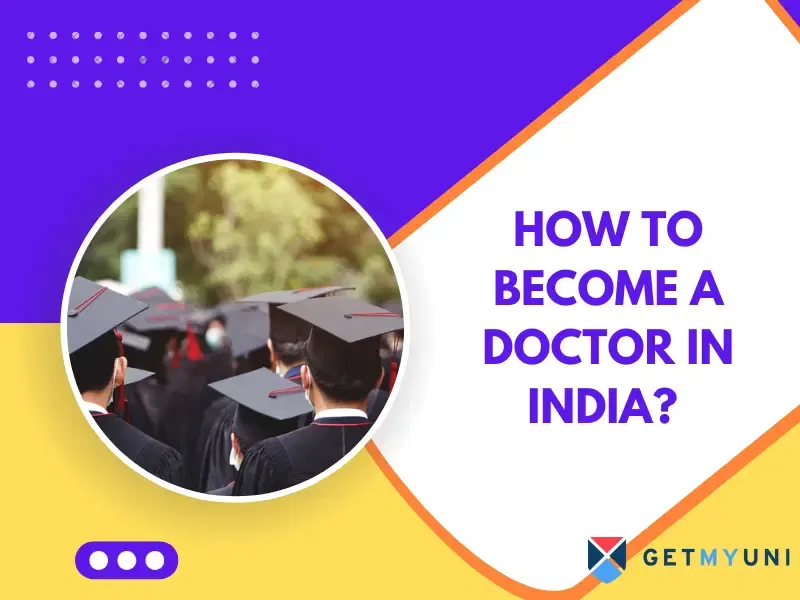
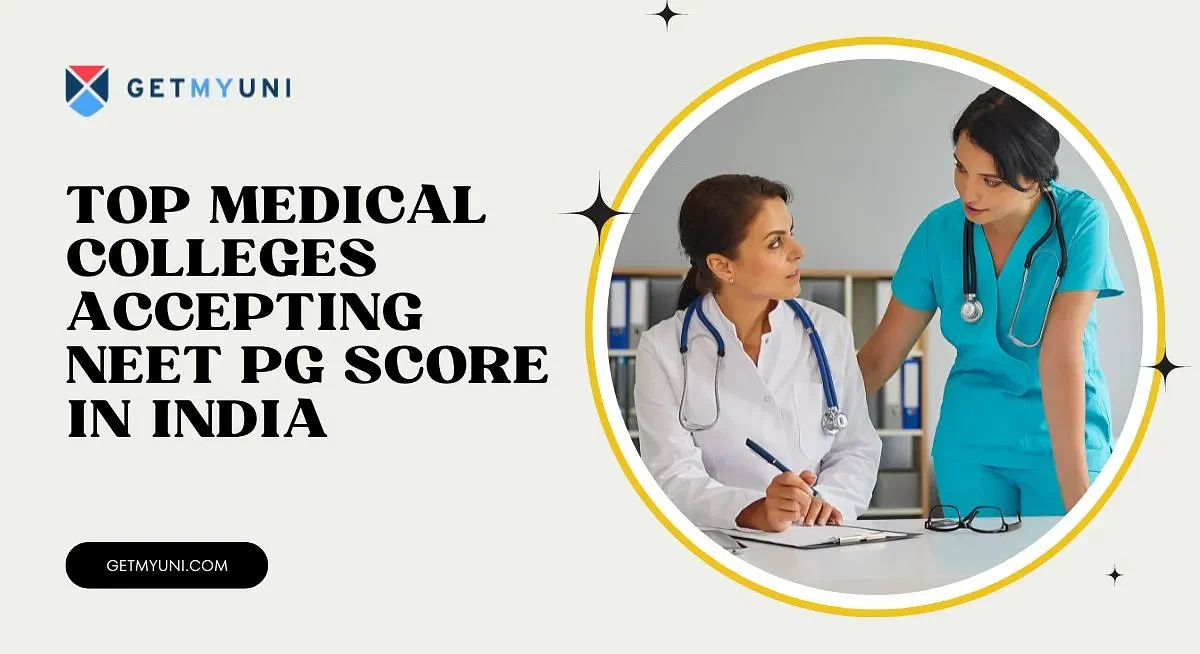
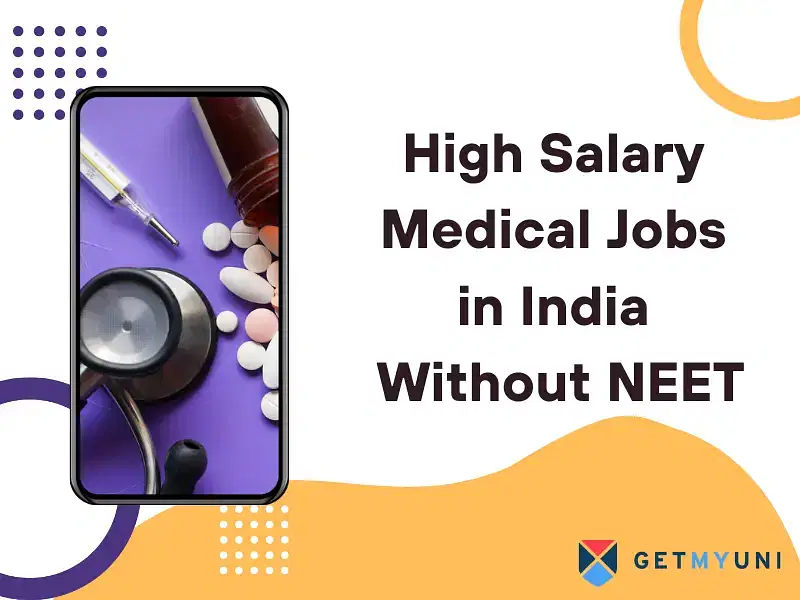

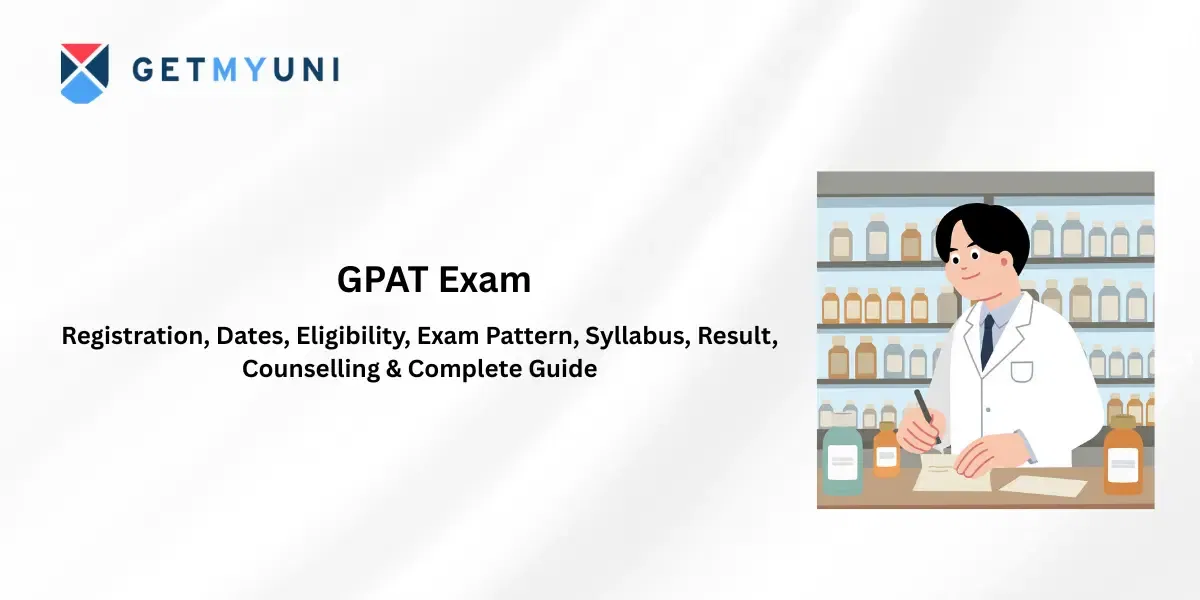

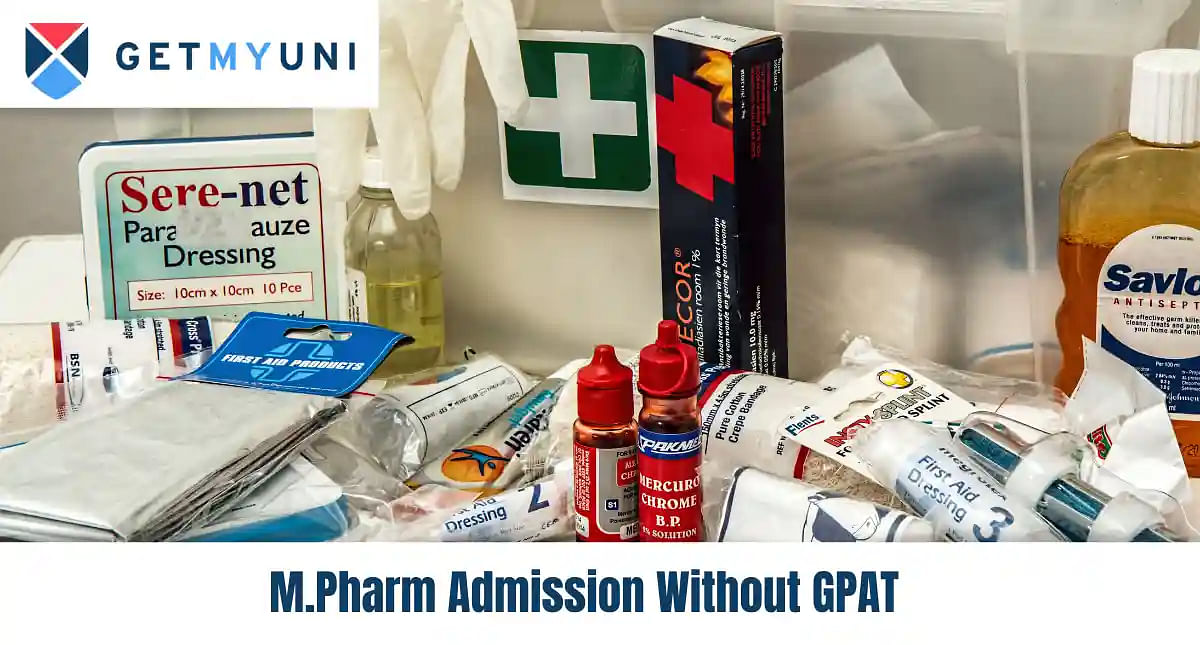

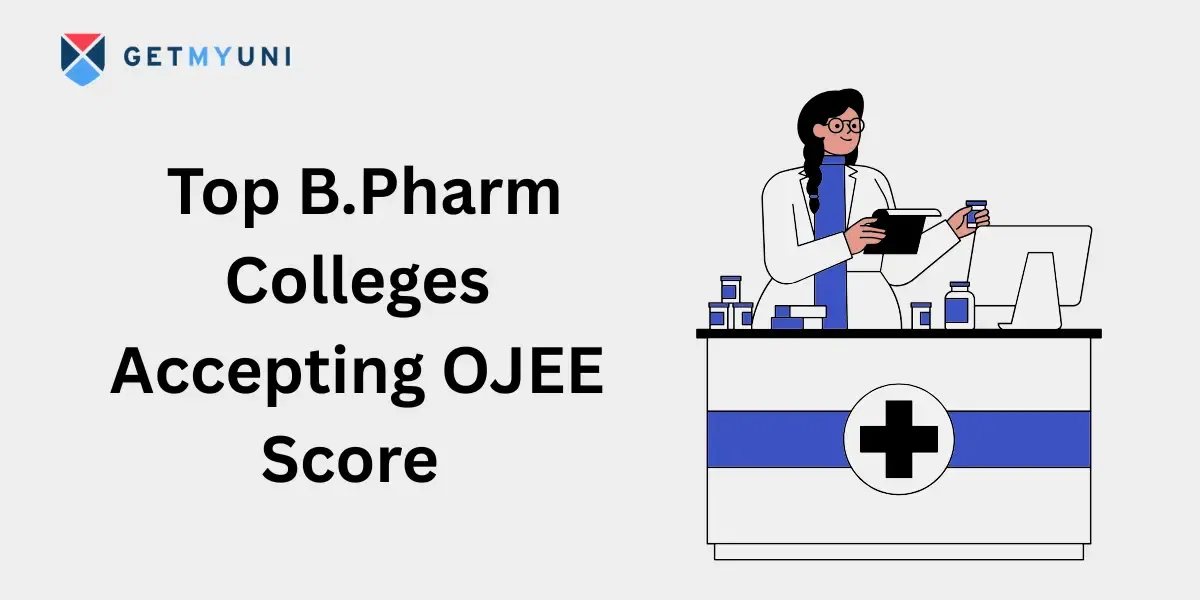
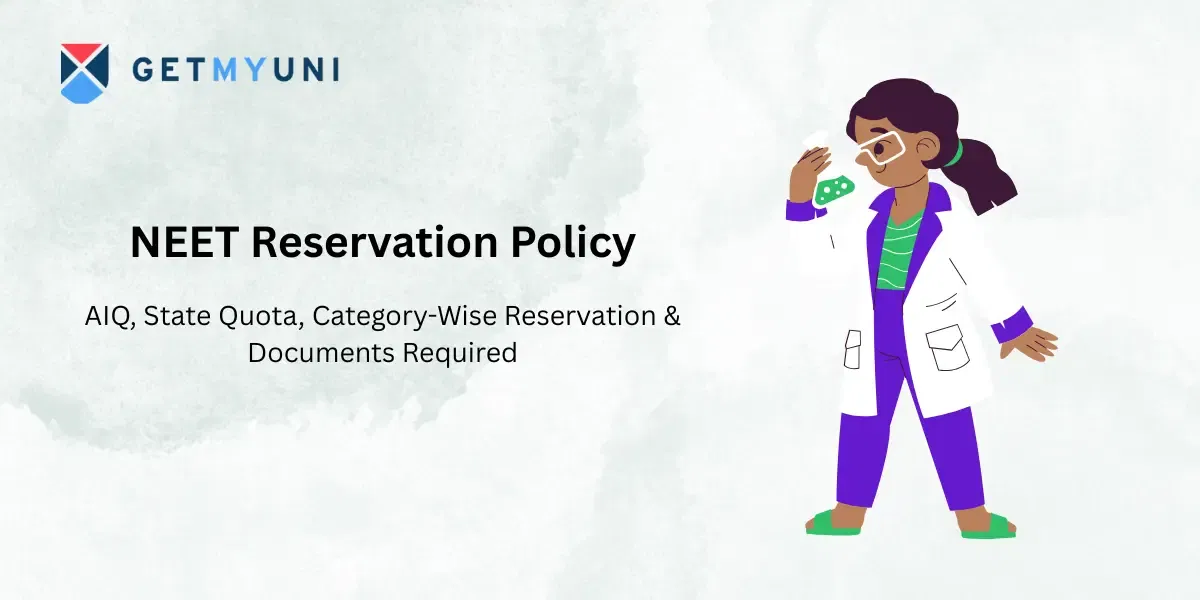












POST YOUR COMMENT